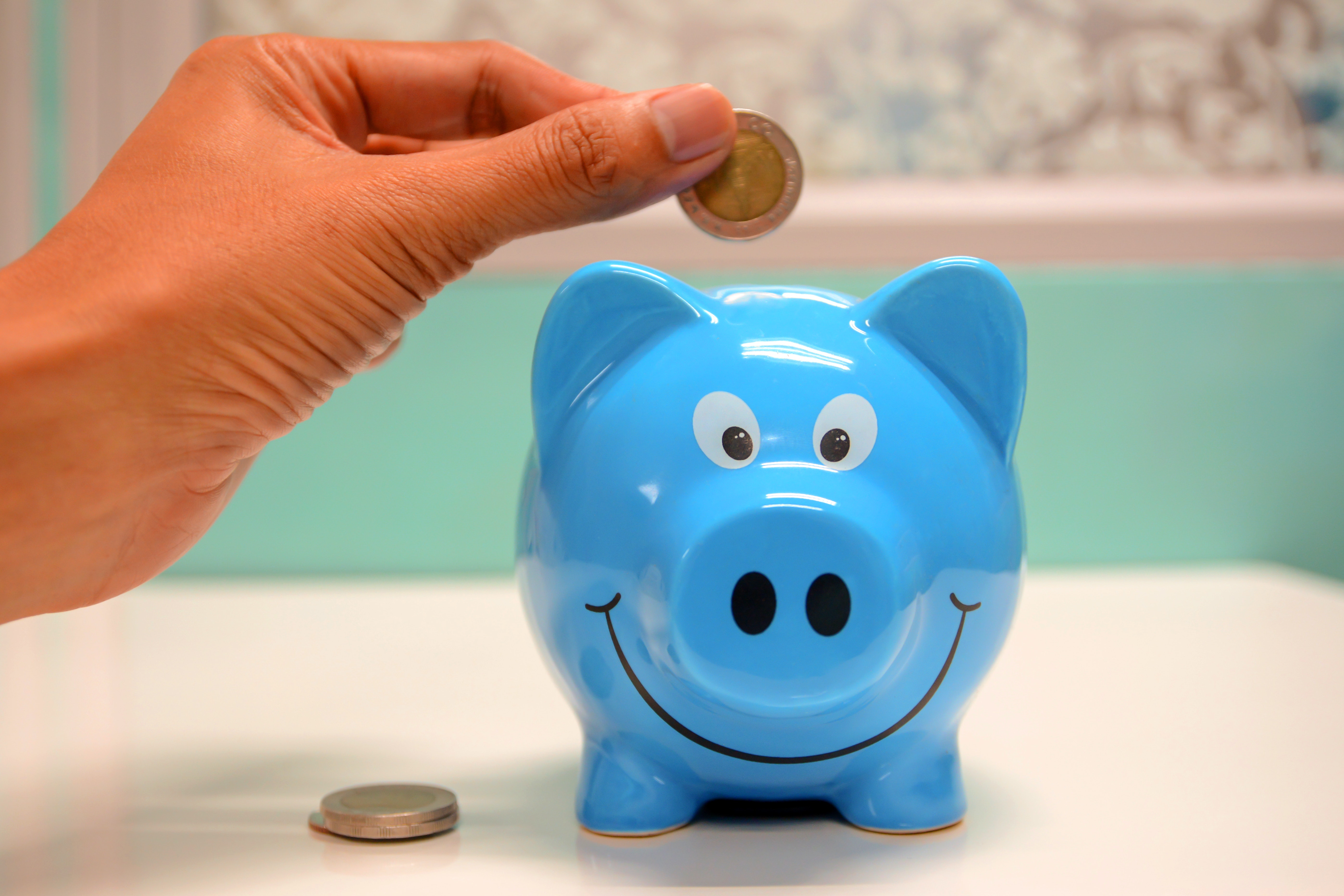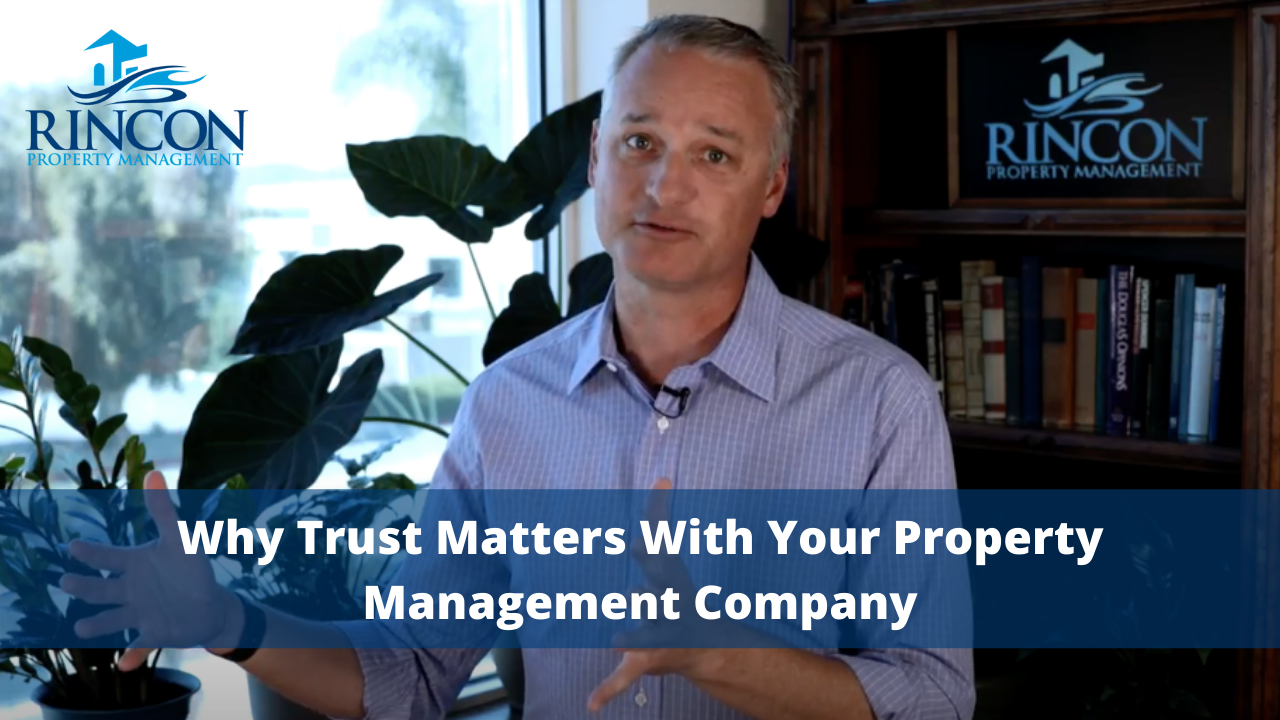House hacking is a popular real estate investment strategy that involves buying a property and renting out a portion of it while living in the rest, with the goal of reducing or eliminating your housing expenses. Ideally, the rental income from your tenants should cover your mortgage payment, property taxes, insurance, and other expenses, leaving you with positive cash flow.
However, there may be instances where your house hack doesn't cash flow, which means that the rental income doesn't cover all the expenses associated with the property. This could happen for various reasons. For example, if you paid too much for the property, the market is experiencing a downturn, or if there are unexpected repairs and maintenance costs.
While it's important to strive for positive cash flow, there are circumstances where it may be okay if your house hack doesn't cash flow, at least in the short term. Here are some reasons why:
Equity building
Even if your property doesn't cash flow, you are still building equity in the property as you pay down the mortgage. This can help you build wealth over the long term.
Appreciation potential
If you're in a market where home values are appreciating rapidly, you may be able to build wealth through capital appreciation even if your property doesn't cash flow.
Tax benefits
There are several tax benefits to owning a rental property, including deductions for property taxes, mortgage interest, repairs, and maintenance. These deductions can help offset any losses from negative cash flow.
Personal living expenses
If your house hack doesn't cash flow, but it's still cheaper than your previous living situation, you may be able to save money on your personal living expenses, which can be valuable in its own right.
Long-term strategy
Real estate investing is often a long-term strategy, and you may be willing to accept short-term negative cash flow if you believe that the property has strong potential for appreciation or positive cash flow in the future.
In summary, while the goal of house hacking is typically to generate positive cash flow, there may be circumstances where it's okay if your property doesn't cash flow, at least in the short term. As with any investment strategy, it's important to carefully evaluate the risks and potential rewards of each opportunity and to have a clear understanding of your long-term goals.
If you are interested in learning more about House Hacking, reach out to us, here.



